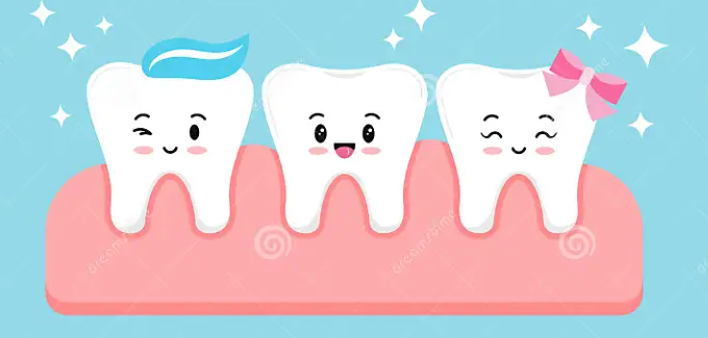The introduction of dental implant technology represents a pivotal development in restorative dentistry, surpassing previous methods for replacing teeth. Dental professionals are now equipped with a tool that not only restores the functional aspect of chewing but also brings back the confidence associated with a natural and appealing smile. This piece explores the significant impact dental implants have had on improving oral health and elevating patient satisfaction.
Constructed from titanium, dental implants serve as artificial roots that are surgically inserted into the jawbone to anchor prosthetic teeth. This technique is distinguished in the realm of dental restoration for its holistic approach to addressing tooth loss. Titanium’s compatibility with biological tissues allows the bone to envelop the implant through a process called osseointegration, offering a stability unmatched by other dental prosthetics.
The evolution of dental implant technology showcases an increasing sophistication in combining engineering and biological insights. Initially concentrating on functionality, implant designs have progressively embraced aesthetics, striving to emulate the appearance, texture, and performance of natural teeth. Current implants consider the natural contours of the gums and the alignment with neighboring teeth, ensuring a flawless addition to the patient’s dental array.
One of the key advancements in this technology is the precision enabled by digital imaging and computer-assisted surgeries. This innovation allows for exacting surgical planning, reducing risks and guaranteeing the ideal implant placement. Utilizing 3D scans, dentists can evaluate the jawbone’s condition, essential for the implant’s success.
The benefits of dental implants on oral health are comprehensive, going beyond merely filling spaces left by lost teeth. Implants help preserve the natural structure of the bone and encourage new bone growth, preventing the bone loss that typically occurs with tooth loss. This not only maintains the face’s structural integrity but also lays a solid foundation for any potential future dental procedures.
For patients, the transformational advantages of dental implants are numerous. The durability and stability provided by implants put an end to the challenges and discomforts linked with removable dentures. This allows individuals to enjoy their preferred foods, communicate effectively, and socialize without concern over dental stability. Importantly, unlike dental bridges, implants don’t necessitate the modification of neighboring healthy teeth, preserving the natural dental structure over the long term.
Although dental implants boast a high success rate, they are not without their challenges. The cost may be a barrier for some, and the need for a certain bone density level for implant support might require additional interventions, such as bone grafting, for some individuals. However, advancements in implant materials and methodologies, including the exploration of mini and short implants, are making dental implants more accessible and appropriate for a wider audience.
Looking ahead, the prospects for dental implant technology are bright, with ongoing research aimed at refining materials and methods to improve osseointegration and decrease recovery periods. Future innovations, including stem cell applications, the development of new surface materials for better biocompatibility, and the investigation of non-metal alternatives, hold the promise of even more successful patient outcomes.
In essence, dental implant technology has profoundly influenced restorative dentistry, offering a dependable and long-lasting solution for tooth loss. As the field continues to evolve, dental professionals can anticipate providing even more effective treatments. Dental implants not only enhance dental function but significantly impact the overall quality of life for patients, emphasizing the critical role of this technology in contemporary dental practice.




